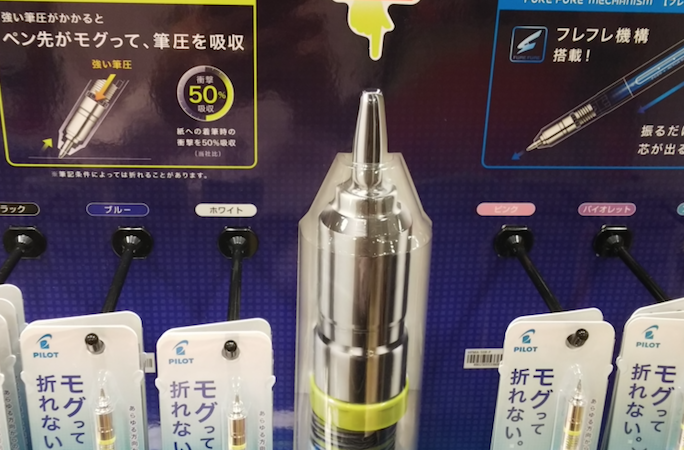An annual health checkup is one of the services that are part of the Japanese national health system, which companies are required by law to offer to their full-time employees.
A health check in Japan is a quite straightforward process: they are closely regulated by companies and medical courses, plans are already set up by age and gender and are almost identical from clinic to clinic.
No matter where you go, the process is standardized so it’s similar no matter where you go.
We have gathered the basic information you need to understand what an annual health check-up in Japan is all about.
Who is Eligible to Receive a Health Checkup
All full-time employees (regardless of visa status and nationality) who are paying for health insurance (kenko hoken 健康保険) through their employer are eligible to have a health check once a year covered by the company (limits apply, such as in the case the patient decides to add additional examinations).
Companies in Japan are legally required to offer annual health checkups to their full-time employees and equally, the employees are required to undergo the examination once a year.

Image credit: Canva
Types of Health Checkups
Companies will issue a reminder every year to make sure employees book and complete their annual check-ups.
The basic annual health check-up, known as “ippan kenko shindan” (一般健康診断) or “tokutei kenko shindan” (特定健康診査) includes:
- Measurement of height, weight, and abdominal circumference
- Vision and hearing test
- Chest X-ray
- Measurement of blood pressure
- Blood test (hemoglobin and red blood cells count lipids such as (LDL cholesterol, HDL cholesterol, and serum triglyceride)
- Liver function tests
- Urine test
- Electrocardiogram
Different courses including different examinations are available depending on age. If you are under 35 the designated course includes the examinations mentioned above, while if you are over 35 you are eligible to apply for a different course that adds further examinations to the general one, because certain abnormalities are most likely to appear later on with age. Those examinations include a colonoscopy, gastrointestinal x-rays, and additional ultrasounds.
Further examinations not included in the basic plans can be added for free or for additional charges, so make sure to check with the clinic or the employer before booking.
For women, plans may include the possibility of adding cervical cancer screening-related exams including PAP tests and mammographs.
Ningen Dock (Comprehensive Health Examination)
Even though free annual health checkups are a great way to encourage people to have their basic health monitored and under control year to year, annual health checks are not thorough examinations. But it is a great starting point for monitoring your general health.
If you wish to undertake a more comprehensive and thorough physical examination, “ningen dock” (人間ドック) is what you should be looking for. Ningen dock is not covered by health insurance, since the requirement for the insurance to be applicable is to have a diagnosis and to be receiving treatment for that diagnosis.
Depending on the number and types of exams chosen by the patient the “ningen dock” can last from half to a full day, and some patients even decide to stay the night at an affiliated facility and undergo the exams on two different days.
Ningen dock packages can be customized, therefore the price can vary from one or two hundred to even six or seven hundred dollars.

Image credit: Canva
How to Book your Annual Health Checkup
Every company usually has several approved or affiliated medical facilities where the health check-up needs to be booked.
Companies usually provide updated lists and specific booking methods, but in most cases, you will have to choose and book your health check-up and slot.
Make sure to check with your human resources department if you have any doubts.
Before and After your Health Checkup
It is recommended not to eat anything within 8 hours of the exam, usually starting at 9 or 10 PM the day prior to the examinations and to only drink water or tea.
Before starting the examination you will be required to answer a short questionnaire regarding allergies, previous hospitalizations, and if you are currently taking any particular medications.
Tests’ results are sent out to the address registered at the time of booking. Results are marked by a letter, A, B, C, or D, with C and D usually recommending following up with a specialist within a certain time frame, usually added as a comment next to the value and result.
Even if It Seems Small, Go Get a Checkup
Choose the facility and the time slot most convenient to you and take advantage of one of the pillars of the great Japanese Health System – the annual health check-up. Follow up with doctors if needed and take care of your health–it is one of the most precious things we have.
Related Articles:
- Useful Japanese Medicine to Buy From Your Local Drugstore
- How to Get a PCR Test as a Foreign Resident in Japan
- I Can’t Find a Good English-Speaking Doctor in Japan – Help!
- General Hospitals and Clinics in Japan
Featured image credit: Canva






